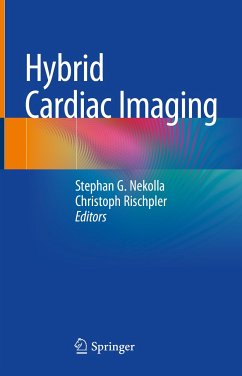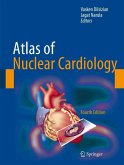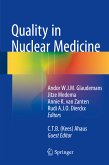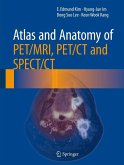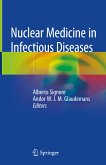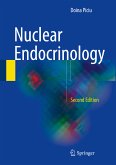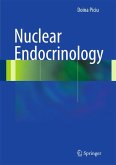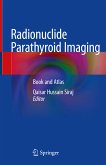This clinically oriented book provides an up-to-date review on the various hybrid imaging modalities that may be employed for the purpose of cardiac imaging. After discussion of generic aspects of hybrid imaging, SPECT/CT, PET/CT, and PET/MRI are each considered in depth. In addition, information is provided on upcoming technologies, such as dedicated so-called fast cardiac cameras (CZT detector technology) and novel probes and radiotracers. A wide variety of topics are addressed, including important technological aspects, possible applications, imaging protocols, peculiarities of the available modalities, radiation exposure, and dose reduction. Last but not least, an estimation of the cost efficiency of dedicated and hybrid imaging devices in cardiology is provided and possible scenarios with respect to health care economics are envisioned. Hybrid Cardiac Imaging will be of particular value for nuclear medicine specialists, cardiologists, and radiologists and will also be of interest to medical physicists, medical technicians, and cardiothoracic surgeons.
Dieser Download kann aus rechtlichen Gründen nur mit Rechnungsadresse in A, B, BG, CY, CZ, D, DK, EW, E, FIN, F, GR, HR, H, IRL, I, LT, L, LR, M, NL, PL, P, R, S, SLO, SK ausgeliefert werden.

